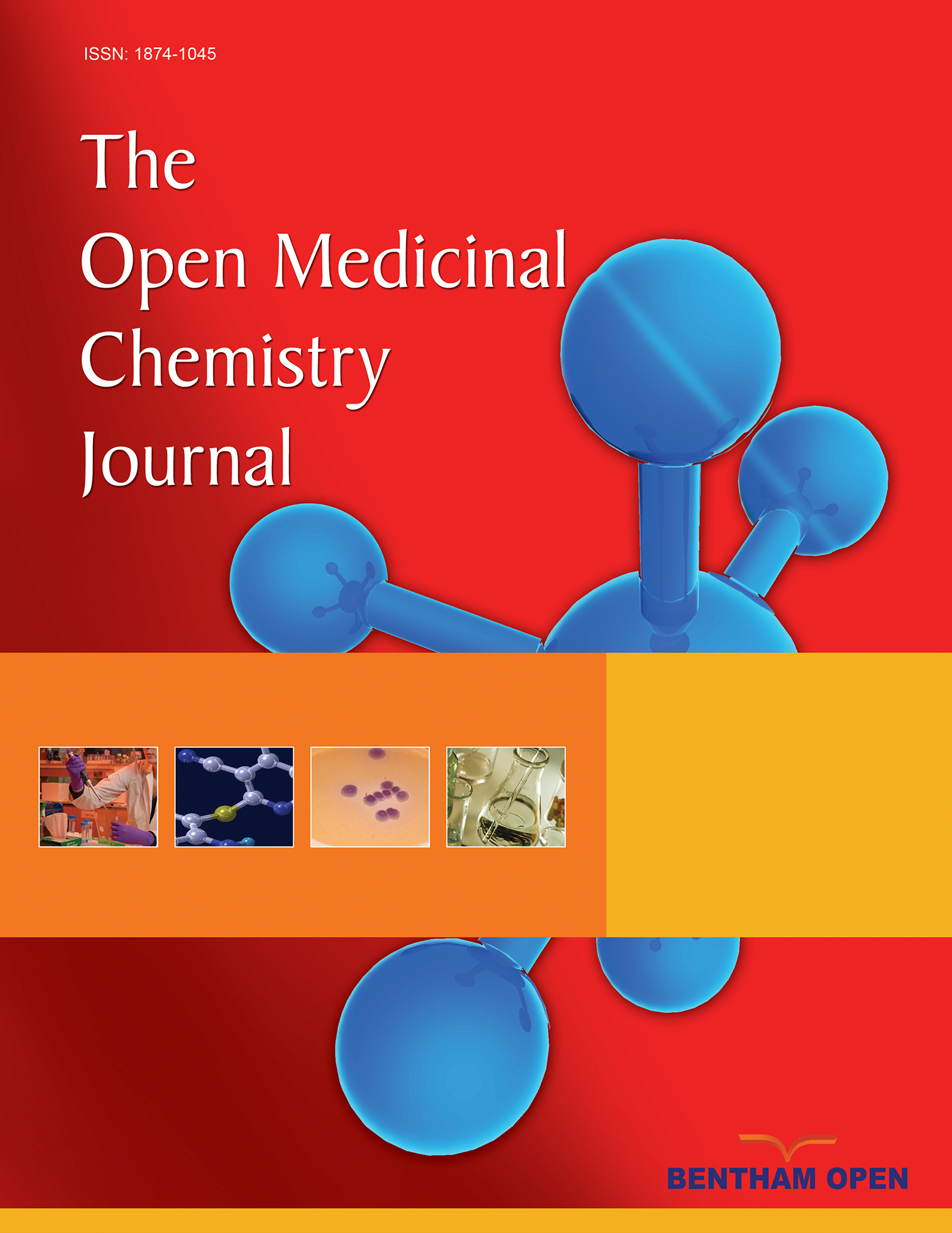All published articles of this journal are available on ScienceDirect.
Molecular Docking-based Screening of Natural Heterocyclic Compounds as a Potential Drug for COVID-19
Abstract
Introduction:
The coronavirus pandemic poses significant challenges for the pharmaceutical industry.
Methods:
Coronavirus enters host cells via the angiotensin-converting enzyme 2 receptors (ACE2).
The SARS-CoV-2 spike glycoprotein is a potential target for medicinal chemists in the development of specific drugs. The current study investigates molecular modeling studies to identify potential drug candidates. Molecular docking simulations were run on 11 natural heterocyclic compounds/flavonoids.
Results:
When tested against the viral spike protein receptor, isoquercetin had a docking binding energy of -6.74kcal/mol (PDBID:6LU7).
Conclusion:
A docking study revealed the interaction of the receptor-binding domain with various flavonoid compounds.


